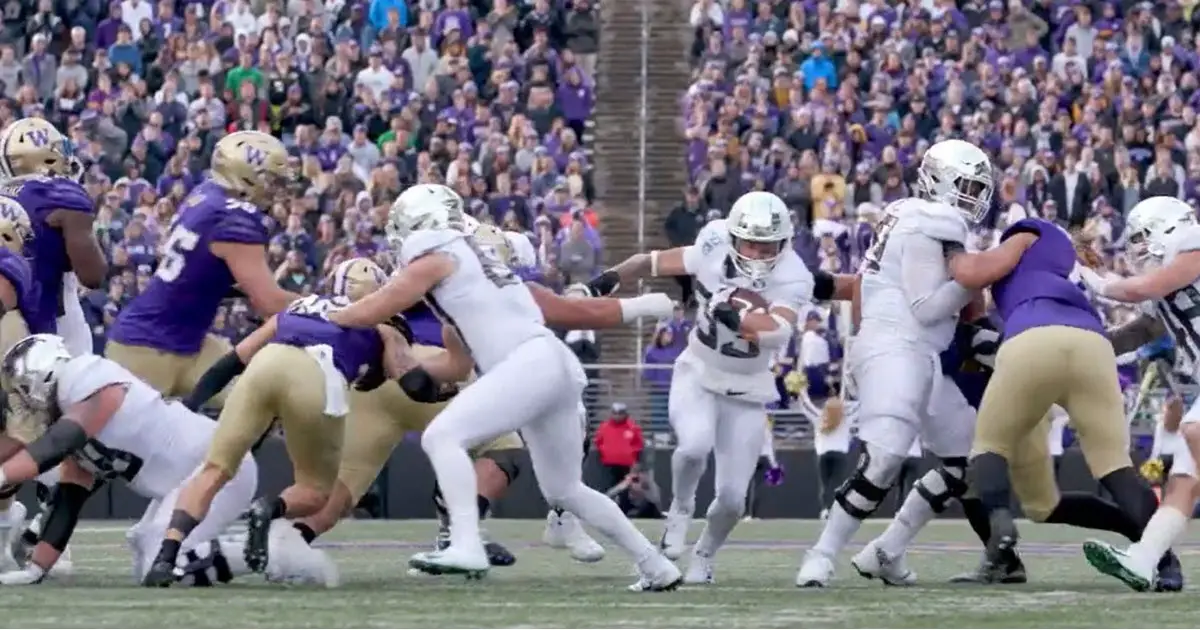Recently, the Pac-12 conference was rocked with the announcement of a representative group of 12 football players — #WeAreUnited. The announcement came in the form of a list of expressed exploitations, harms and grievances, followed by a list of demands addressed to the Pac-12. #WeAreUnited advises in stark terms that their participation in football activities is contingent on a written guarantee that the entirety of their demands is met.
The timing of the announcement comes at a time when the Pac-12 has recently posted a new edition of a modified conference schedule, with training camps are due to open within the next two weeks.
The 12 members of #WeAreUnited present themselves as representative of all football players in all Pac-12 conference schools. Additionally, they also claim to represent all Pac-12 athletes in all sports. #WeAreUnited has bundled the immediate issue of COVID-19 protocols with other issues that would make radical changes to collegiate athletics. Despite the non-negotiable tenor of the demands of #WeAreUnited, there appears to be an open door for talks.
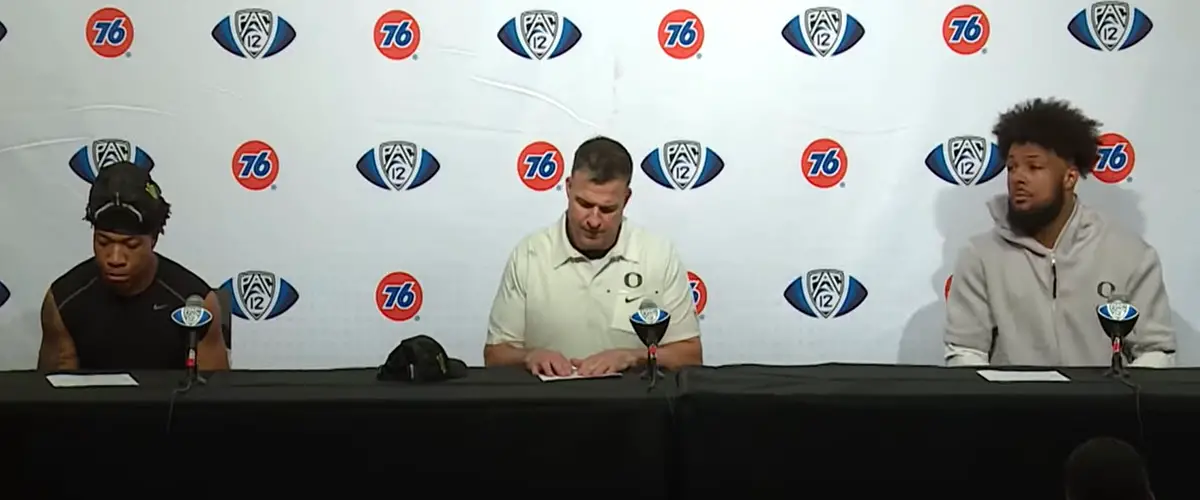
Many more parties are involved in these discussions.
When talks start, one can hope they flourish in the spirit of negotiation — with give and take, putting yourself in the other’s shoes, building consensus, appreciating shared goals. In doing so, #WeAreUnited, you may expand your awareness, and find value in the system for which you currently participate.
Your concerns about COVID-19 are valid, and negotiation will hopefully help you to arrive at an agreement that helps you decide to play or not. Realize, though, that athletic programs are at the financial brink. Stanford announced cessation of some sports because of profound financial concerns, and the Cardinal are not alone in that precarious position. There is risk in moving forward with the fall season, and there is substantial risk in not moving forward.
Realize, too, that even though you claim to represent all university athletes, you do not take into consideration that you are members of a major team sport. Many of your fellow athletes in other sports do not perform before crowds that number in the tens of thousands. They do not garner the same national attention as you do. But, understand that when your team takes the field, the revenue generated at your game allows those other athletes the opportunity to perform. You promote your university, and you indirectly provide opportunities for the other male and female athletes in all sports at your university.
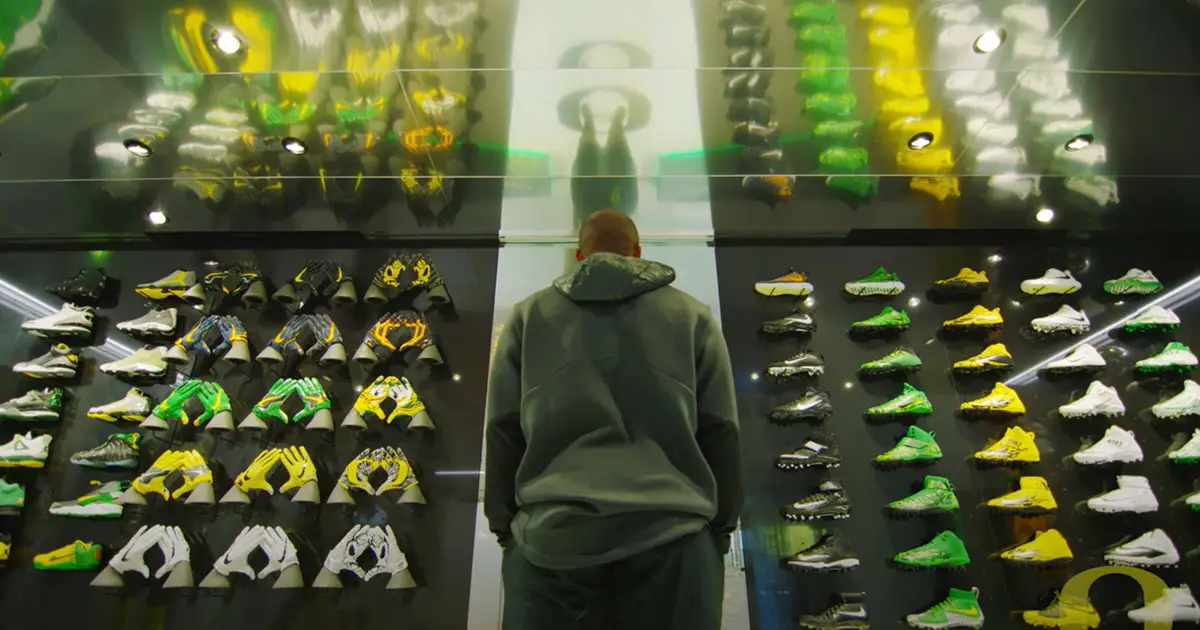
The Marcus Mariota Performance Center is unique in all of collegiate facilities.
Additionally, #WeAreUnited, you contend for compensation, revenue sharing and agent representation. As major sport scholarship athletes, you receive a lot of non-monetary compensation already: room and board, tuition, tutoring, position coaching, strength and training development, the finest sports medicine and the biggest opportunity to showcase your talents — and that is just the short list. Not all athletes you claim to represent have these advantages. Some are on partial scholarship, and some are non-scholarship, such as the walk-on practice team that works so hard to help you perform better.
In your quest for likeness compensation, do you realize that this is a quest for only the elite few players, a small subset of the two percent that will go onto professional competition, and it does nothing for the other 98+ percent of athletes? In your quest for revenue sharing, do you not know that of the dozens of collegiate sports, there are only two or three sports that are revenue generating? Again, I remind you that when your team takes the field, you do so in part for the benefit of your fellow athletes in the lesser revenue generating sports.
Please understand that collegiate amateur athletic programs are designed to give opportunity to as many as possible. Opportunity for athletes to develop their talents, and opportunity for athletes to gain a higher education. The amateur status within the college system provides more opportunity for more people. If you obliterate football revenues, you eliminate thousands of scholarships for students in this conference, and in so doing eliminate their opportunity to receive a college education.
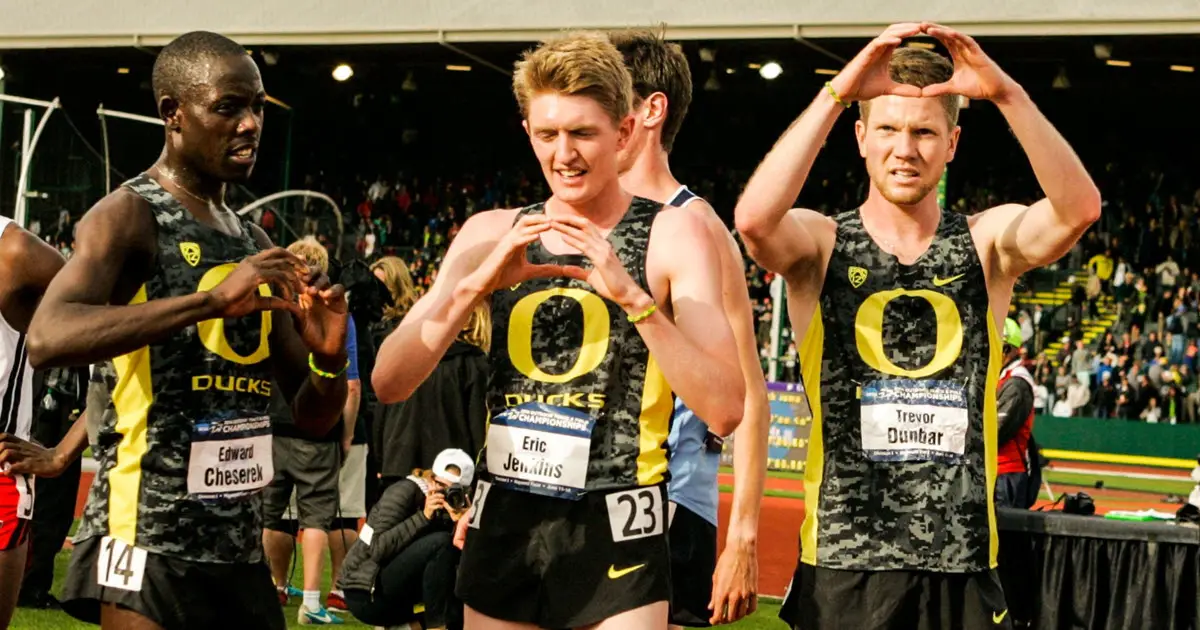
Another record set by the MEN OF OREGON. (Funded by Football)
Likeness compensation, revenue sharing and agent representation remove the amateur status. Under this scheme, revenue and compensation are directed disproportionately to elite athletes and all lesser revenue sports dwindle to nothing without funding. Re-appropriating endowments is not the answer; endowment funds are legally locked in as dedicated to the wishes of the donor. You cannot “have your cake and eat it too.”
The pursuit of this kind of semi-professional compensation will inevitably erode college football. Participation will be limited to only the elite, that two percent who are good enough to play professionally anyway, and these elite players will likely compete in the form of a new professional football developmental league. In this “pay for play” environment, players will really be treated like a commodity in to meet the “bottom line.” Chances are they will likely not have the protections and structure they have now in the collegiate system.
Is that what you really want?
As a Duck fan, I see the amazing Oregon facilities, funded by generous donors. I see the dedication, professionalism and passion of the coaching staff. I see the thousands of fans that fill the stadium, travel to away games and cheer you on. I see a massive amount of energy and capital expended to support you, and we enjoy rooting your success. I can only imagine how hard you work to attain excellence, but I do not see harm and exploitation.
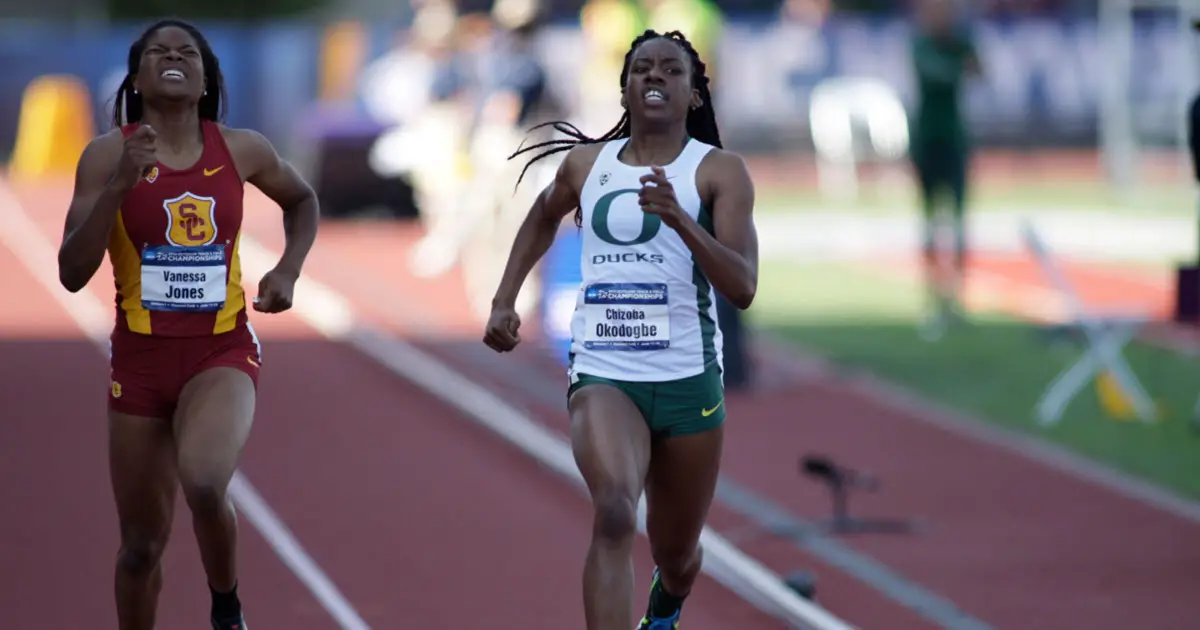
Female athletes have won SO MANY National Championships at Oregon. (Funded by football)
I wish you well, #WeAreUnited, and I hope you can negotiate constructive changes through the process. There is always a place for discussions of reforms in college athletics, as the sport has a history of continual evolution. You have the right to decline to play because of the risk of COVID-19. You have the right to insist on your demands and walk away, if they are not met.
I hope you will consider what you have now, and your impact on fellow student-athletes when you make those decisions.
Denverduck07
Denver, Colorado
Top Photo is Screenshot of Pac-12 Video
For those who are new to this site; we want all opinions and love spirited debate as we love to learn from each other, but we do aggressively delete comments that violate our policies, of which are unlike anywhere on the web. It is not hard to follow all 29 of them as they can be summarized to 1) be polite and respectful, 2) keep it clean for the grandchildren reading, and 3) no reference to politics. Charles Fischer (Principal)
 Bob Rodes, the FishDuck.com Volunteer editor for this article, is an IT analyst, software developer and amateur classical pianist in Manchester, Tennessee.
Bob Rodes, the FishDuck.com Volunteer editor for this article, is an IT analyst, software developer and amateur classical pianist in Manchester, Tennessee.
Related Articles:
Unbelievable...Same SEC Stuff, Different Day
Why Oregon Football Always Belongs in the National Conversation
The B1G Won the 2026 Coaching Carousel...Big-Time!
Continuity? Lanning's Hiring Success is Put to the Test
Why Whether Dyer Was Down or Not...Doesn't Matter
How to Analyze Football Talent Like a Pro
Denverduck07 was born and raised in Portland and grew up a Duck fanatic from an early age. He weathered through the lean years in the 70s, 80s and early 90s. Employment necessitated a move to the Colorado mountains nearly 20 years ago, but Denverduck07 remains a displaced Duck fanatic in the High Country.

